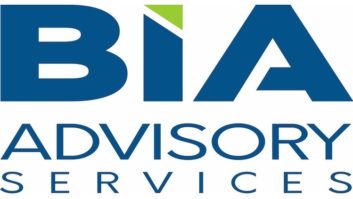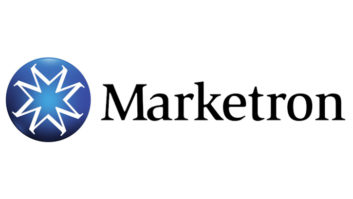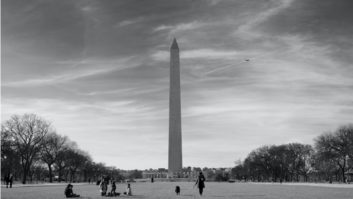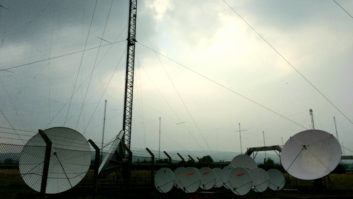Everywhere you look, there are signs of the impending political season.
For commercial broadcasters, the acceptance of political ads, either by the candidate or other organization, can mean substantial income. With this enormous potential financial benefit is the equally significant potential for Federal Communications Committee enforcement action for noncompliance with the FCC�s rules governing political broadcasting.
Because the primary season is just around the corner, it is imperative that broadcasters refresh their memories.
LOWEST UNIT CHARGE
The Lowest Unit Charge obligations attaches 45 days before the state primary, and 60 days before the general election (Sept. 9, 2016). During these periods, a legally qualified candidate is only obligated to pay the lowest unit rate charged for the same class and amount of time during the same period.
For periods before the LUC windows, political candidates can only be charged comparable rates, i.e., not excessively higher than other commercial advertisers. The right to the LUC applies to federal, state and local candidates.
LEGALLY QUALIFIED CANDIDATE
A legally qualified candidate is a person that has publicly announced that he or she is running for elective office, and has met all of the qualifications for the office that he or she seeks. With the possibility of a third-party candidate in the presidential election this year, broadcasters should remember that if a presidential candidate is qualified in 10 states, than he or she is a legally qualified candidate in all states.
EQUAL OPPORTUNITIES
Whenever a candidate �uses� a broadcast station, its opponents are entitled to the �equal opportunity� to use the station at the same cost in a comparable time period. The right attaches to all legally qualified candidates, and is applicable both during the LUC periods discussed above, and at any other time when a legally qualified candidate uses the station.
In this context, a �use� is any positive broadcast of a candidate�s voice or image, which is not aired during a (i) bona fide newscast, (ii) bona fide news interview (iii) bona fide news documentary where candidate�s appearance is incidental, and (iv) on-the-spot coverage of bona fide news events.
One thing to remember is that even an appearance of a candidate on an entertainment program (DJ running for mayor, Terminator running for governor) will result in a use. Also, while a station is not obligated to notify the opposing candidates of a �use,� the station must place this information in the station�s political file on a timely basis, and opposing candidates have seven days to make the demand for equal opportunity.
REASONABLE ACCESS
Reasonable access is a special right afforded only to federal candidates and applies to all classes and dayparts of commercial time. In general, this means that a federal candidate has the right to demand access to the station to purchase advertisements, while a state or local candidate cannot make a similar demand.
A station must make a reasonable amount of time (both spot and program-length) available to federal candidates, but it does not have to make all of its inventory available. If a station does make time available for a state or local candidate, than it must make available similar time for its opposing candidate(s), but it can decline to offer access to other state or local elections (i.e., make time available for mayoral candidates, but not treasurer).
BRCA REQUIREMENTS
Federal candidates have an additional requirement that is not applicable to state and local candidates. The Bipartisan Campaign Reform Act requires candidates to supply a certificate to broadcast station in order to be eligible for the station�s lowest unit charge.
The candidate must certify that it will not directly reference its opposing candidates, unless it also states that the spot was approved by the candidate, and that it was paid for by his/her campaign or authorized committee. For television, the advertisement must also contain an image of the candidate, and the written statement indicating the approval of the candidate and the name of the sponsor.
This discussion is certainly not intended to address all of the issues that broadcasters will face in the upcoming season. If you have questions, you should contact your communications counsel for further discussion before the election season starts in earnest.
STATE PRIMARY LUC WINDOWS:
Jan. 16, 2016: Alabama, Arkansas, Georgia, Massachusetts, Oklahoma, Tennessee, Texas, Vermont, Virginia
Jan. 23, 2016: Hawaii, Idaho, Michigan, Mississippi, Ohio
Jan. 28, 2016: Puerto Rico
Jan. 30, 2016: Florida, Illinois, Missouri, North Carolina
Feb. 6, 2016: Arizona












